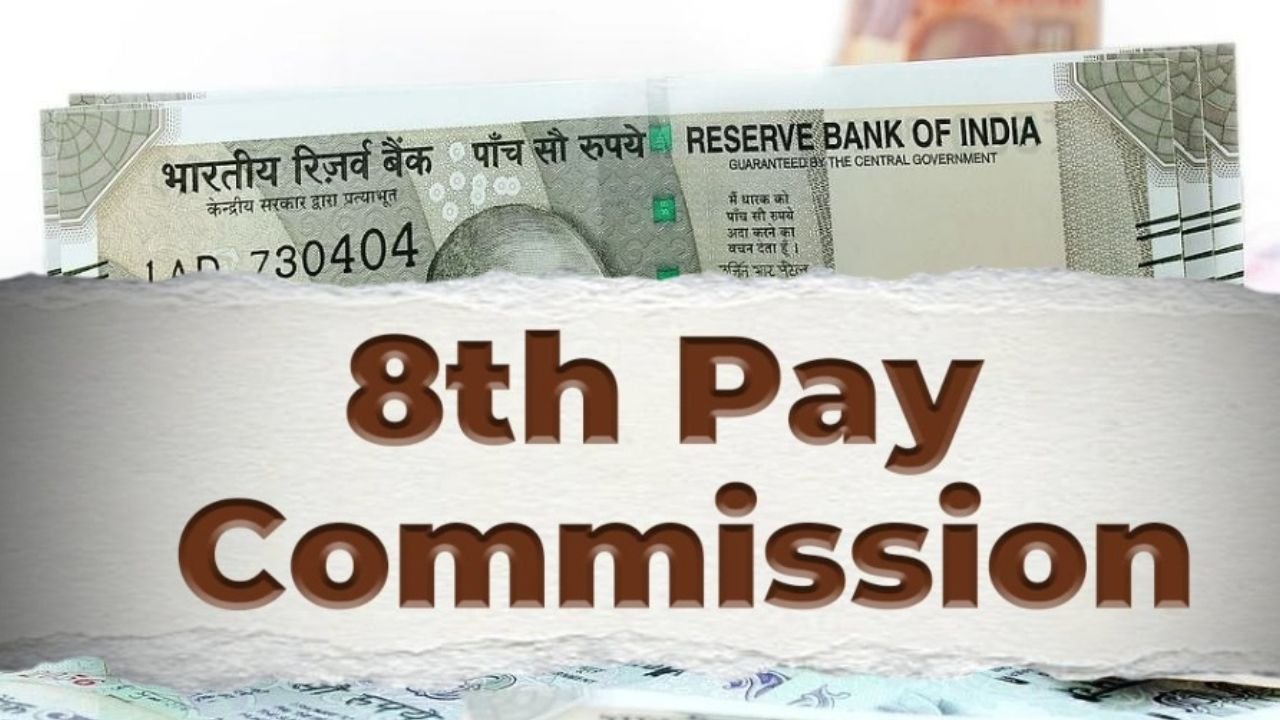Great news is emerging for numerous central government employees and pensioners. The central government is anticipated to soon formally announce the establishment of the 8th Pay Commission. Indications suggest that the Finance Ministry has already commenced internal work, with the necessary documentation nearing completion.
According to media reports, the recommendations of the 8th Pay Commission are likely to be implemented from January 1, 2026. This will directly benefit over 50 lakh central employees and approximately 65 lakh pensioners. The commission’s recommendations are expected to be more impactful and employee-friendly than ever, potentially revolutionizing financial stability for many.
Anticipated Changes from January 2026

The recommendations of the 8th Pay Commission are set to be effective from January 1, 2026. This significant change will directly impact more than 50 lakh central employees and about 65 lakh pensioners, providing them with substantial financial relief. The commission’s proposals are expected to be highly effective and employee-centric, making government service a more attractive career option.
Understanding the Fitment Factor and Salary Revision
The fitment factor is a crucial element of the 8th Pay Commission, as it is the primary calculation system for increasing the basic salary of employees. There are strong indications that the fitment factor in the 8th Pay Commission may be raised to 2.50. If this proposed increase occurs, employees could experience a considerable leap in their salaries. For instance, an employee with a current basic salary of ₹40,000, with a new fitment factor of 2.5, could see their new basic salary rise to ₹1,00,000. This would represent a significant financial uplift for employees.
Lessons from the 7th Pay Commission
The preceding Pay Commission, the 7th Pay Commission, provided substantial advantages to central government employees. In that commission, the fitment factor was set at 2.57, leading to an increase in the minimum salary from ₹7,000 to ₹18,000 per month. Additionally, several allowances were revised, and a health insurance scheme was introduced, benefiting a large number of employees and pensioners. This demonstrates that previous commissions have also brought about important reforms, and expectations are even higher for the upcoming commission.
Direct Benefits for Pensioners and Allowance Revisions
The positive impact of the new recommendations will not be limited to current employees; pensioners will also receive direct financial benefits. Since pension calculations are also based on the fitment factor, retired employees are expected to see a significant increase in their pensions. Furthermore, various allowances such as Dearness Allowance (DA), Transport Allowance, and House Rent Allowance (HRA) are also likely to undergo amendments. These changes will provide a notable advantage to pensioners.
Government Preparations and Employee Guidance
While an official notification regarding the 8th Pay Commission has not yet been released, the internal processes and activities within the Finance Ministry suggest that an announcement is imminent. Employees are advised to rely solely on official sources from the government website or the Finance Ministry for accurate information. It is important to disregard rumors or unverified information circulating on social media to ensure that only reliable details are considered.








